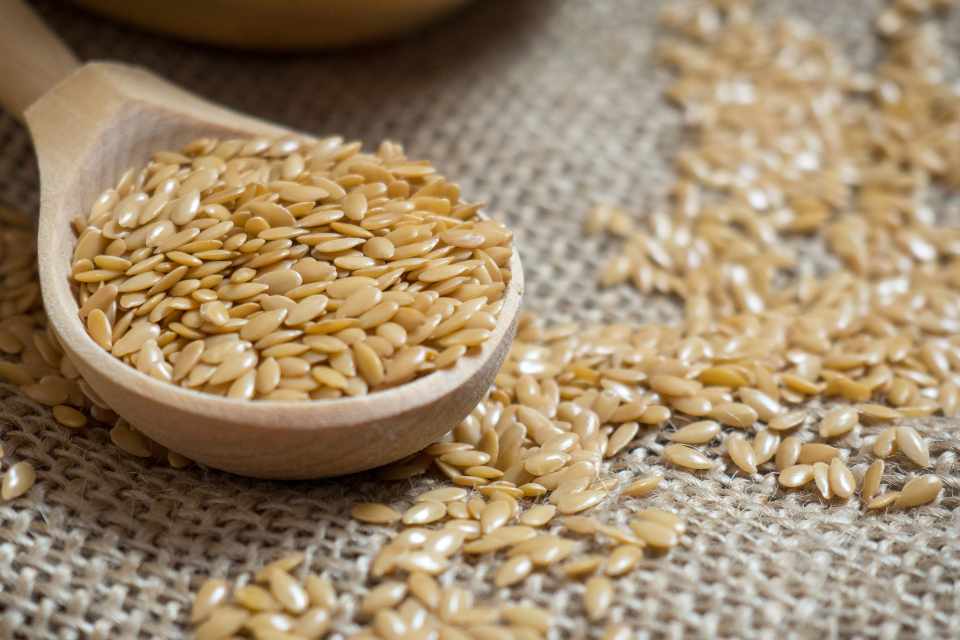Is chocolate your guilty pleasure? Well, what if I told you it might be good for you? Whether you prefer the creamy, sweetness of milk chocolate or the bold, richness of its darker counterpart, theres more to this indulgence than meets the eye. Understand what makes them different to better appreciate which option truly deserves a place in a healthy lifestyle.
Some recent research caught my eye. It suggests that dark but not milk chocolate may lower the risk of developing type 2 diabetes. This study highlights the potential health benefits of the cocoa-rich variety, offering a new perspective on how this chocolate can be more than just a treat.
In this article, I will discuss the health benefits of dark chocolate and why it may not only satisfy your sweet tooth but also support your overall health.
Cocoa's Powerful Compounds
Why Does Cocoa Content in Chocolate Matter?

What is Milk Chocolate?
Milk chocolate’s appeal lies in its creamy texture and sweet flavour, but its nutritional profile is less impressive. Compared to darker chocolate it often contains lower cocoa content, typically 10–50% cocoa solids and significantly more sugar. While this type of chocolate does contain some cocoa-derived antioxidants, the flavanol content of milk chocolate is around a fifth of that of darker versions, meaning it lacks many of the potential benefits.The presence of milk or milk solids is what distinguishes milk chocolate from its darker counterpart, adding a comforting sweetness and reducing the bitterness often found in higher cocoa content chocolates.
Dark and milk chocolate are similar in calorie content but milk chocolate has a higher sugar content. In studies, there is no significant connection between milk chocolate intake and reduced diabetes risk. Instead, there’s a notable association with long-term weight gain, further contributing to the chances of type 2 diabetes. On the other hand, people consuming dark chocolate have a 3% reduction in diabetes risk for each weekly serving.
What is Dark Chocolate?

The Health Benefits of Dark Chocolate
The beneficial effects of dark chocolate are due to the high cocoa content, as a source of antioxidants that neutralise free radicals and potentially lower the risk of chronic diseases including heart disease, type 2 diabetes and certain cancers.
Supports Heart Health
Flavonoids in cocoa help to relax blood vessels and so improve blood flow and lower blood pressure. Regular consumption is linked to lower levels of (bad) LDL cholesterol and higher (good) HDL cholesterol, and may lower the risk of developing coronary heart disease, making this type of chocolate a heart-friendly choice.
Boosts Brain Function
The flavanols also increase blood circulation to the brain, and so enhance memory, focus and cognitive performance, while compounds like theobromine and caffeine offer a gentle mental lift. Regular intake may help the brain to form new neuronal connections, benefiting brain health and potentially reducing the risk of neurodegenerative conditions such as dementia, Alzheimer’s disease and Parkinson’s disease. Studies suggest that this is especially the case in people consuming 85% cocoa chocolate.
Enhances Mood
The polyphenol compounds in high-cocoa chocolate have mood enhancing effects, promoting the release of serotonin and endorphins, helping to reduce stress and increasing feelings of happiness and emotional well-being. In addition, as a good source of magnesium, eating higher cocoa chocolate may help with stress management.
Improves Gut Health
Prebiotic fibres in cocoa feed your beneficial gut bacteria, encouraging microbial diversity, balancing your gut microbiome, supporting digestion and boosting immunity. Flavanols can also reduce inflammation in the gut, potentially easing symptoms of digestive disorders.
May Help to Manage Weight
The rich, satisfying flavour can curb cravings with smaller portions, potentially preventing overeating. Eating chocolate may also influence the hunger hormone ghrelin, so it may help you to feel fuller for longer.
Improves Blood Sugar Control
In addition to lowering the risk of type 2 diabetes, flavanols can improve insulin sensitivity, which helps to stabilise blood sugar levels.
How Much Dark Chocolate Should You Have?
Moderation is key. About 30 grams (1 ounce), a few times a week, is recommended to maximise its benefits without excessive calorie intake. This amount provides a sufficient amount of beneficial compounds like flavonoids while keeping sugar and fat consumption low. A single serving (around 30 grams) of 70–85% dark chocolate products provide 11 grams of fibre and significant amounts of essential nutrients such as magnesium, copper, zinc and iron. These nutrients make this a functional food because they contribute to overall wellness.
Its best to steer clear of flavoured chocolates that may contain added sugars and salts, potentially dampening the potential health benefits.
How to Choose the Best Dark Chocolate
To ensure you’re getting the most out of your chocolate:
- Look for at least 70% cocoa: Higher cocoa content means more flavonoids and less sugar.
- Check the ingredients: Opt for products with minimal ingredients—cocoa solids, cocoa butter, and sugar—and avoid artificial additives.
- Avoid heavily processed options: Dutch-processed varieties may lose some antioxidant properties.
- Choose organic or fair-trade brands: These often have higher quality ingredients and fewer harmful chemicals.

Incorporating Dark Chocolate into a Balanced Diet
The simplest way to enjoy chocolate is simply eat a small square. Pair it with nuts or fruit for a nutrient boost. If you enjoy smoothies, you can add a square of chocolate to your blender for a chocolatey flavour.
Get creative with desserts by melting chocolate and drizzling over bananas or berries for an anti-oxidant rich treat.
You can also substitute high cocoa chocolate for milk chocolate in cookies or brownies. Or, break your chocolate into chunks and mix it with almonds, dried cranberries and pumpkin seeds for an energy-boosting ssnack.

Busting Myths Around Dark Chocolate
Let’s set the record straight about some common misconceptions
Myth 1: All chocolate is healthy
Not all chocolate is created equal. Milk chocolate and white chocolate lack the high levels of cocoa solids and flavanols that give high-cocoa chocolate it’s health benefits.
Myth 2: Dark chocolate is bitter and unenjoyable
High-quality dark chocolate has a complex flavour profile with hints of fruit or nuttiness. The more you eat it, the more your palate adjusts—and you might find you prefer it over milk chocolate!
Myth 3: Dark chocolate causes weight gain
Unlike milk chocolate, higher cocoa content chocolate is rich and satisfying, meaning you’re less likely to overeat it. When eaten in moderation, it’s not linked to weight gain and can be part of a balanced diet.
Myth 4: Dark chocolate is just a sweet treat
While it is a treat, dark chocolate also has medicinal properties. Its flavanol content provides antioxidant and anti-inflammatory compounds, that benefit overall health.
Making Healthier Choices
Overall, the take home message is that if you want to enjoy the medicinal effects of chocolate look for options with higher cocoa content. Generally, dark chocolate with a cocoa content of 70% or higher is considered the healthiest option. This higher amount of cocoa ensures the chocolate is a good source of antioxidants, flavonoids, and beneficial compounds. It also means there is less sugar content compared to milk chocolate or lower-percentage dark chocolates.
Yet, even with the numerous health benefits it is essential to consume it in moderation, Enjoy it a few times a week to have the perks without overindulging in calories or sugar.








0 Comments